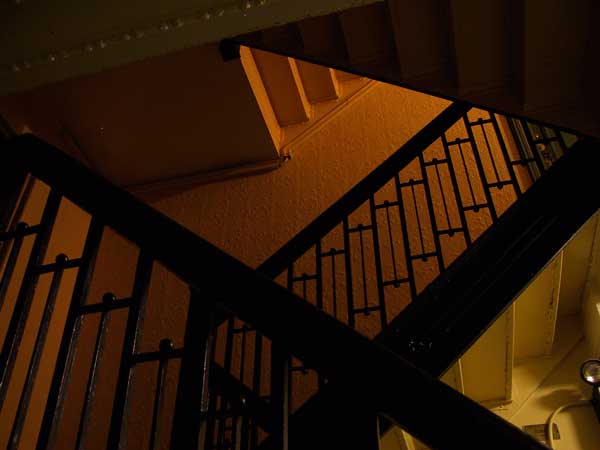









Your Custom Text Here
16mm, b/w and color, sound, 53 minutes, 2012
The Perlin Papers is a series of eight short films revealing stories of domestic espionage during the Cold War period in the United States. The films focus on overlooked, incomplete and banal documents from the 1940s and 1950s , unpacking history and connecting it to the present. The title refers to a 250,000-page archive located at Columbia University containing many of the FBI documents related to the investigation, trial and 1953 execution of Julius and Ethel Rosenberg, US citizens who were convicted of conspiracy to violate the Espionage Act of 1917. For nearly two decades after the execution, the FBI tracked hundreds of people tangentially connected to the case. The archive is named for a distant relative of the artist, Marshall “Mike” Perlin, a civil liberties lawyer whose work with the Rosenberg children, Michael and Robert Meeropol, resulted in the declassification of the documents. The first six films in Jenny Perlin’s striking and elegant cycle are direct representations of documents in the Perlin Papers archive. The last two films are, respectively, a fiction and an observation.
The Perlin Papers films are conceived as a modular project and can be presented individually in any combination or as an hour-long single-channel screening.
16mm, b/w and color, sound, 53 minutes, 2012
The Perlin Papers is a series of eight short films revealing stories of domestic espionage during the Cold War period in the United States. The films focus on overlooked, incomplete and banal documents from the 1940s and 1950s , unpacking history and connecting it to the present. The title refers to a 250,000-page archive located at Columbia University containing many of the FBI documents related to the investigation, trial and 1953 execution of Julius and Ethel Rosenberg, US citizens who were convicted of conspiracy to violate the Espionage Act of 1917. For nearly two decades after the execution, the FBI tracked hundreds of people tangentially connected to the case. The archive is named for a distant relative of the artist, Marshall “Mike” Perlin, a civil liberties lawyer whose work with the Rosenberg children, Michael and Robert Meeropol, resulted in the declassification of the documents. The first six films in Jenny Perlin’s striking and elegant cycle are direct representations of documents in the Perlin Papers archive. The last two films are, respectively, a fiction and an observation.
The Perlin Papers films are conceived as a modular project and can be presented individually in any combination or as an hour-long single-channel screening.
Transcript
16mm, color, sound, 11:25, 2006
Transcript is part one of the Perlin Papers series.